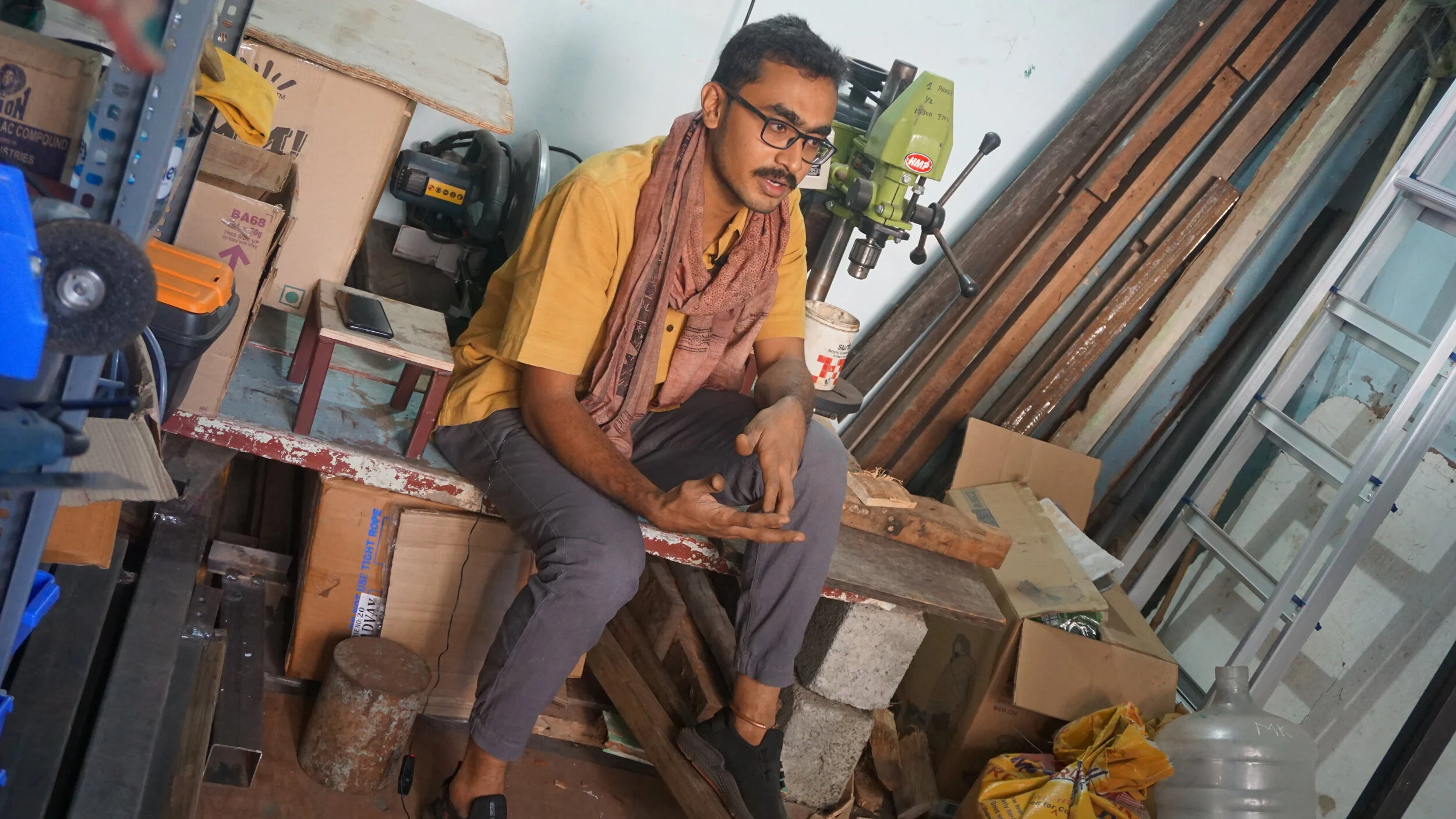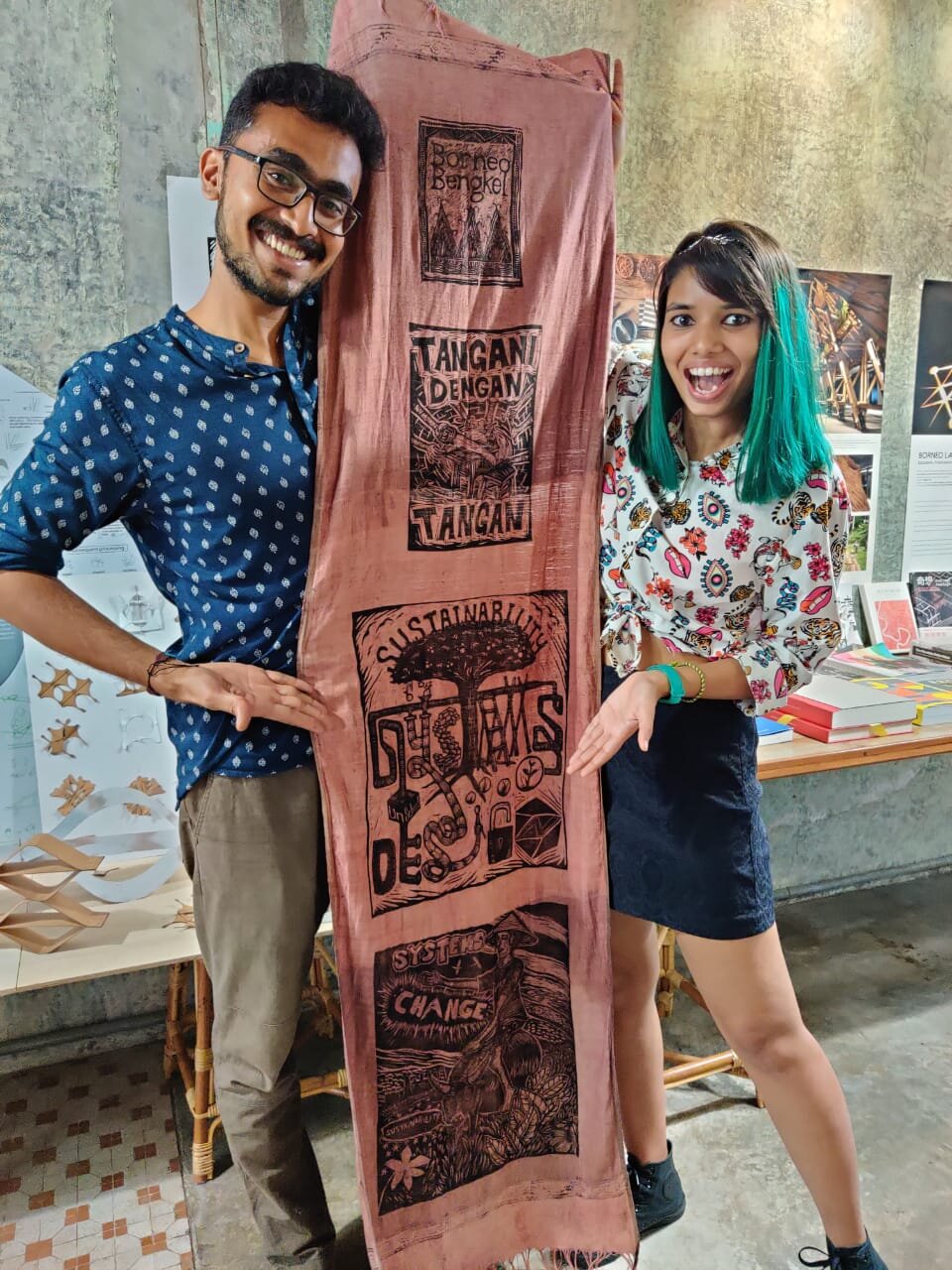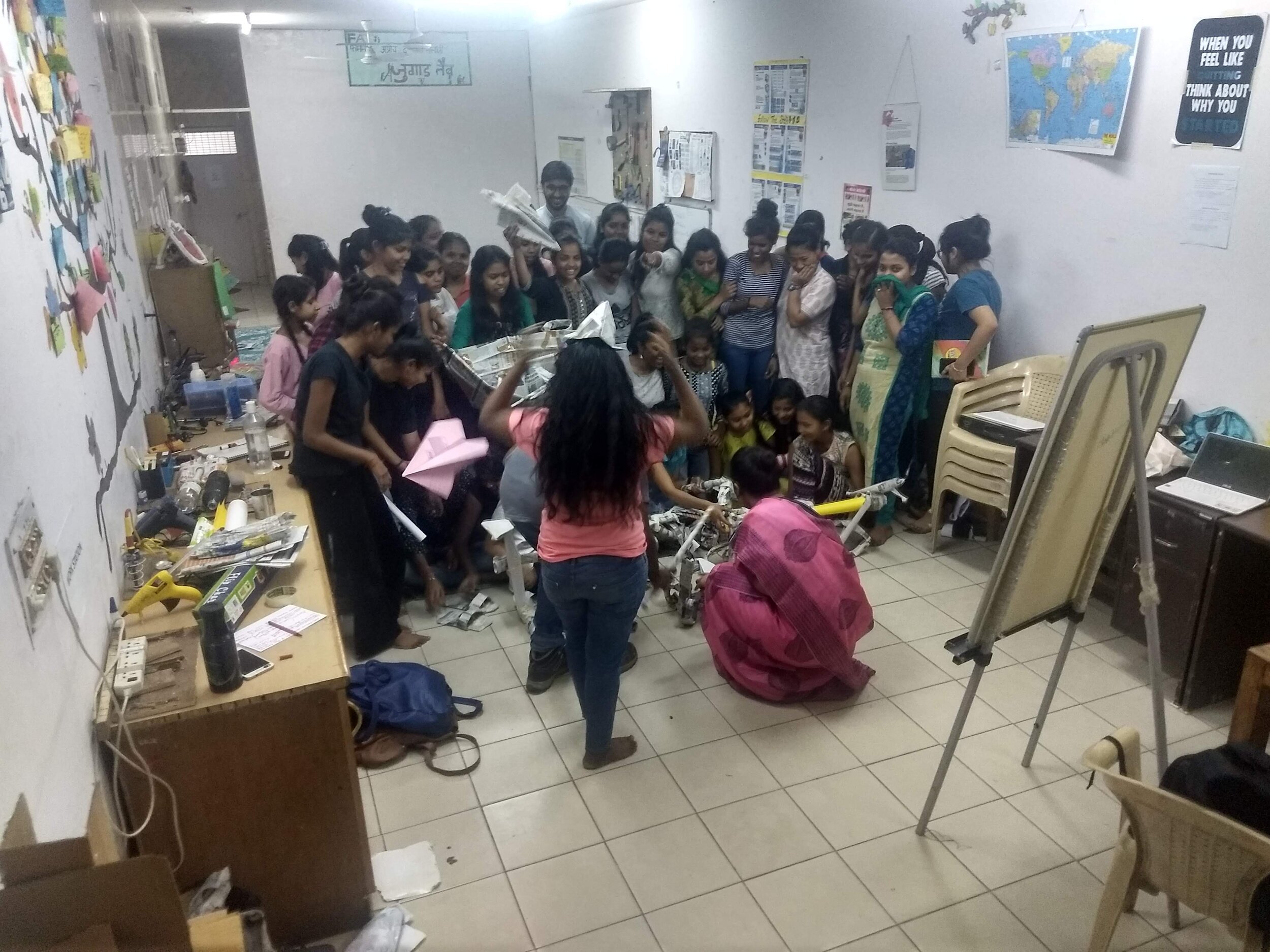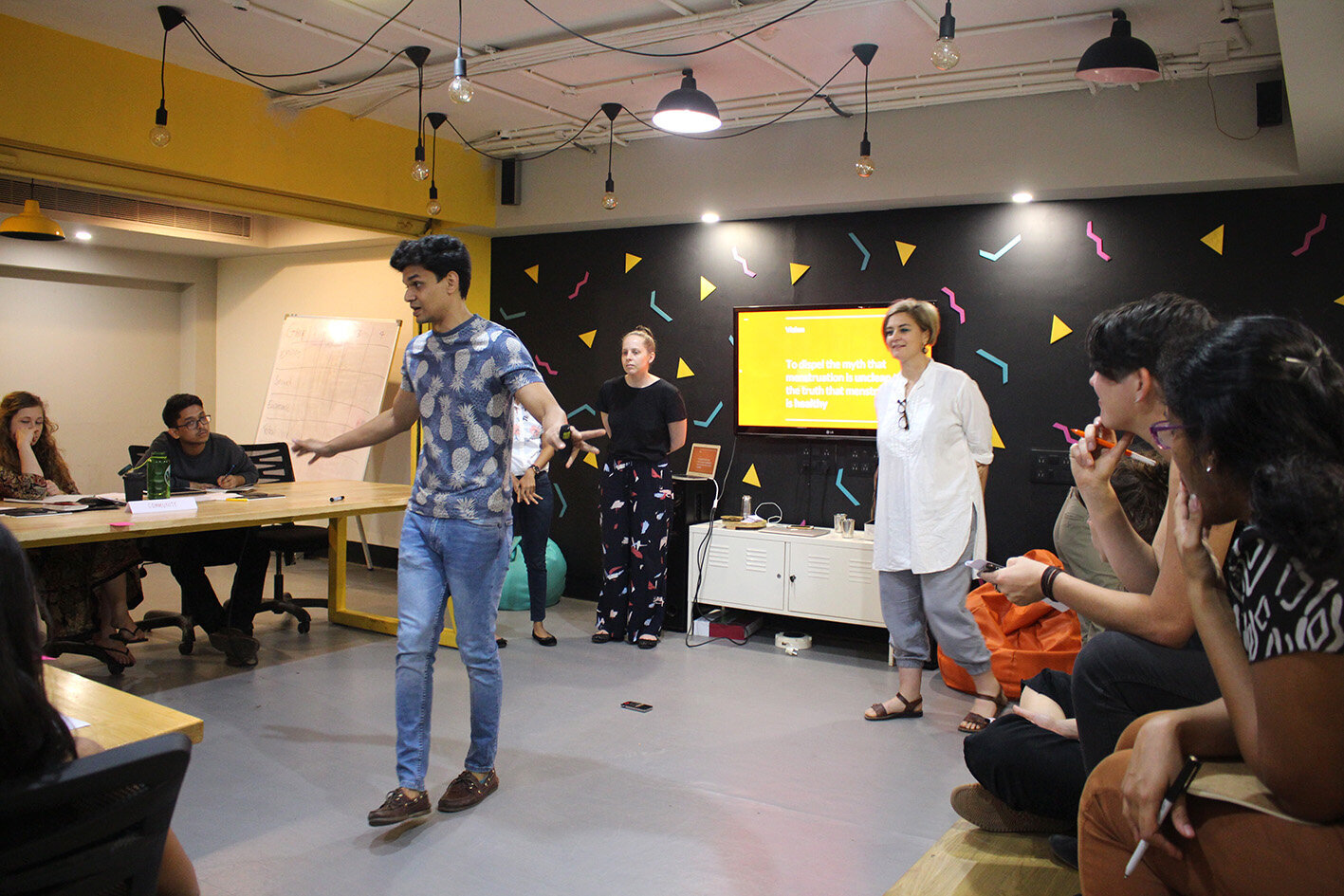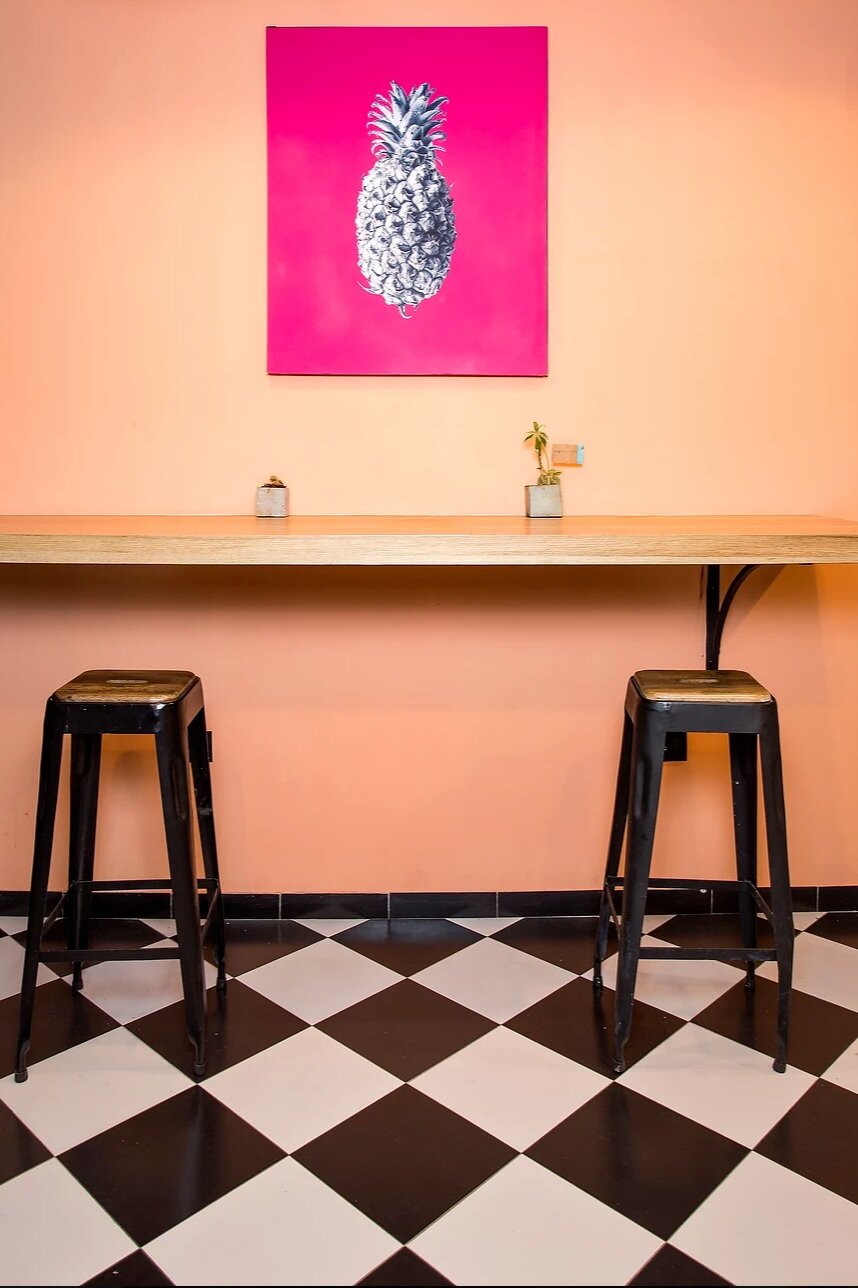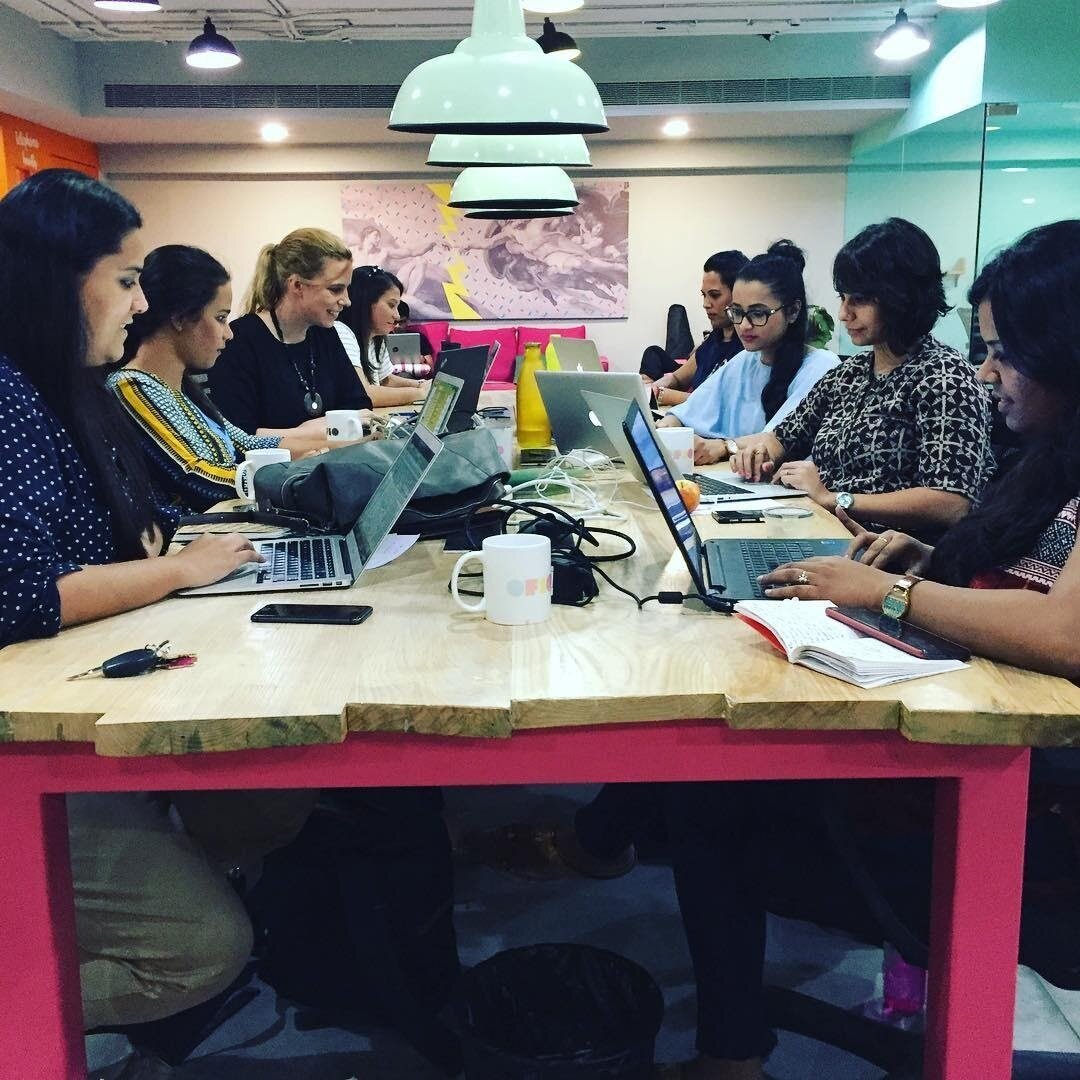Photo courtesty of G N Raghu
G N Raghu is a mechanical engineer, entrepreneur and community activist. Passionate about human-scale technology and providing rural employment opportunities in India, he joined us in Kuching, Malaysia for our fellowship program.
We recently caught up with Raghu to hear more about how his ventures are going and how he’s using the tools that he gained from his UnSchool experience.
Can you give us an introduction to yourself and your work?
My name is G N Raghu, and I'm from India. I graduated as a mechanical engineer and worked as a machine designer in the automotive industry for a short while. To justify myself as a mechanical engineer, however, I quit my job, traveled across India and learned that there is a thirsting need at the grassroots level for decentralised technology.
I started working with SELCO Foundation for 2 years in textiles, which helped me understand the specific details and scale of the solutions needed in the textile sector. The cotton value chain is one of the biggest livelihood activities in India; due to centralisation and huge scaling-up of processing, it has created skewed development with the people involved in the whole supply chain of cotton. This means that the technology required for centralization has reached its peak, whereas decentralized technology development is still a few decades behind, resulting in discrepancies in development.
To break that, and to give a better solution, I started working on the technology required for cotton processing in a decentralised manner. This has taken me through the works of Gandhi, J C Kumarappa and E F Schumacher and finally, to Kirkpatrick Sale. Their ideas of scaling and replicating, production by mass and Swaraj has led me to think toward the scale of science or technology that is very sustainable to operate.
Photo courtesty of G N Raghu
With that in mind, I founded Studio for Humanscale Technologies (SHST) with the help of Janapadaseva Trust and Puvidham. Having understood the rural textile situation, we started working with the local community. With the right network and the help of Suhasini Koulagi and Ashok Kumar B V, we together founded Bag’N Stories, a social enterprise that provides women with home-based employment making bags and other products that raise awareness around the issues with disposable plastics.
What motivates you to do the work that you do?
I grew up with my parents in a rural part of Mysore where my father used to run a paper recycling industry where 40 people worked. The prime reason why my father started this work was to increase the scope of rural industry, to provide employment opportunities and to recycle paper waste to produce cardboard.
This was the initial motivation for me to create impact through my work, and as I grew up, I came in contact with Janapada Seva Trust , where I learned the importance of the rural economy through volunteering. After I graduated, I started working with Sumanas Koulagi, a friend of mine and grandson of Surendra Koulagi who was the founder of the community-driven social organization Janapadaseva Trust. I learned there are huge gaps in technology for those who work with their hands — not in farm produce but especially in textile, particularly in the cotton value chain. At the same time, I was trying to make sense of my degree, so this situation motivated me to look into alternate technology.
Photo courtesty of G N Raghu
Bag’N Stories was founded purely on the basis of need, where I was trying to work with a community near where I grew up along with some friends. One of the very first things we started with the community is to provide some kind of sustainable home-based livelihood activity, which slowly turned into a product. And to market the product, we started a social enterprise.
How did you find out about the UnSchool, and what motivated you to come?
After I stopped working with the Selco Foundation, in order to move to my hometown and start something of my own, I partnered with Freedesign. Freedesign is founded by Abhinav, an UnSchool fellow (Mumbai fellowship) and it was through him that I explored the UnSchool. It was the right time for me to have a platform and mentors to explore enterprises, problem solving and design problem solving.
UnSchool is about these things, which was the main motivation for me to try and engage with the UnSchool and the Fellowship program, community and courses.
The Kuching fellowship group at the Borneo Lab were we were based for the week (Photo courtesy of the UnSchool)
What was your experience at the UnSchool like?
The whole Fellowship program was designed over a week in a destination with like-minded people from all around the world considering a locally-focused problem to learn different techniques and tools to identify, understand and love problems. Then we learned to apply these tools to design solution processes, which was perfect for me, as I had just started an enterprise to address social and environmental issues.
The flow of the program considered the local issues with a global perspective, which is exactly what a change-maker like me needs. The tools which were used over the 7 days course equipped me to take up any problem statement and design a solution or solution process to best fit.
The program also included community engagement, food, sustainability, recycling, expert mentoring, success stories, and a whole lot of fun, which were all the right ingredients.
What was the main takeaway you had from coming to the UnSchool?
There are two important takeaways that I had from the UnSchool fellowship program. One is the network provided by the fellow UnSchool alumni, who are change-makers from all over the world working on problems in every field. And the other one is the introduction to the tools, and how to use them to better understand and design the processes to change issues.
Raghu and fellow Sarah after a print workshop with social art collective Pangrok Sulap (Photo Zoe Palmer)
Tell us more about your initiatives, and how is it all going?
Studio for Humanscale Technologies
At Studio for Humanscale Technologies (SHST), we work towards providing technology and solutions that can be implemented in rural communities or for the people who work with their hands. This can enable them to do their work more efficiently while also ensuring that technology doesn’t lead to automation that leads to the loss of jobs for these people.
Hence, human scaling the technology is very important so that we understand to what extent the automation or mechanization has to be done so that tools are still under the control of humans.
SHST not only designs, develops, fabricates, tests and implements technology, but it also provides space for those who want to understand the relationship between technology and society.
After the engagement with the UnSchool, I understood that it’s very important to educate and take these ideas to more people. To do this, we are on the verge of opening a center or an institute to share with more people through education, training, skills and courses. Apart from this, SHST has been working on projects in textiles, agriculture, education and human-powered machines.
It is evident that technology is a key driving force behind the outsize influence of our civilisation. Hence, it is essential to embrace human-scale technology, which encourages a sustainable and equitable future. In this context, the studio designs human-scale technologies that empower people and not that enslave. It also provides consultancy services.
The key aspects of such technologies are:
Controlled by artisan:
With the advent of centralized industrialization, people's lives are organized to run the machines continuously for increased profit. In other words, machines are controlling human lives and people have become subordinates. In contrast, human-scale technologies empower people by giving them control over machines. Thus, people won't operate as soulless machines.
Low cost:
Investment is a key factor that determines the level of freedom and disparity in society. As investment costs increase, technology can't be owned by masses. Thus, loss of freedom in turn creates inequality. In contrast, human-scale technologies are low-capital investments and can be owned by masses. Therefore, it enhances people's freedom and encourages equality.
Creative space at work:
Creative element is crucial for enjoying any work. But modernity based on centralisation has kept creative elements only for a selected few, leaving menial work for the rest of the masses. Hence, work is increasingly perceived as burden and drudgery. In contrast, human-scale technologies ensure creative space for artisans and encourage enjoyment at work.
Local maintenance:
Increased shifts towards technological automation makes people depend on others, particularly on manufacturing companies for maintenance and services. As such, artisans lose control over their lives. In contrast, human-scale technologies are designed in such a way that by and large they can be repaired locally.
Efficiency:
An important role of technology is to reduce drudgery. But in today's rush of increasing efficiency, we have reached an era of automation displacing labour and loss of livelihoods. In contrast, human-scale technologies are designed within desirable efficiency that support livelihoods.
Enhancing freedom of artisan:
Freedom is fundamental for human well being. Our civilisation is based on technologies that are beyond human-scale, creating a world of unfreedom. High capital investment, complicated designs and urge for increasing efficiency resulting in centralisation and in turn, loss of freedom for the masses. In contrast, human-scale technologies encourage decentralisation that brings freedom for masses.
Bag’N StorieS
Bag’N Stories is a social enterprise and we mainly address two issues. First, unemployment in rural areas. Through economic activities, it aims to impact rural economies and empower women. Secondly, it addresses environmental issues like usage of disposable plastic by providing sustainable alternative options to the people. Apart from this, it also aims to bring back some traditional practices of rural India.
Bag’N Stories’s Mission
Women empowerment by providing a sustainable home-based livelihood activity
Delivering financial independence to those women who cannot travel out for work in rural and urban parts of Mysore
Capacity building for local women and skill development
Provide an alternative solution for disposable plastic bags
Bringing awareness to the people about the damage caused by disposable plastics
Providing sustainable packaging solutions for FPO’s, organic stores and other sustainable products
Conveying the story of the product or the producer to the customer, thereby bridging the gap between them through visual story printing
Entrepreneur development and training
Replication of the model owing to horizontal development, rather than scaling up which results in vertical development
We have set up stable home-based activities for the women who are in the rural and urban parts of Mysore, thereby giving employment and also the freedom from financial dependency. The activities will include stitching, screen printing, natural dying, block printing, knitting, quilting, making macrame products, etc.
After running successfully for 2 years, we have finally come to realise a few of our dreams.
To provide stable home-based work for 20+ women.
To train and develop a community member to be a social entrepreneur.
To replicate the model of Bag’N Stories owing to horizontal development.
Kavya, from a rural part of Mysore, is now working with us for 6 months and understanding how a social enterprise works, along with all that is needed to run a social enterprise. Kavya has established a brand named Darji Collective under Bag’N Stories and aspires to completely take over it within 2 years.
How did the UnSchool help you start/evolve it? How have you amplified this change you do in the world?
One of the initial thoughts after the UnSchool fellowship was to take our idea of Humanscale to others too, to anyone who is interested in working in the social sector through technology. To do this, we understood that we now need to establish a center where we can sustain and also replicate the idea to others. And right now, SHST is in the process of ideating the Center for Humanscale Technologies.
Apart from this, I have very much improved in problem-solving processes and designing, using the tools I used in the UnSchool fellowship. And I often find myself drawing systems maps or X mapping, or jotting down every parameter that comes into play of a particular problem statement and drawing relationships with each of these parameters to find out those key parameters upon which our solution process can be designed, and so many other tools everyday. And sometimes I will be using the life cycle thinking tools we learned to evaluate the raw materials of Bag’N Stories.
Darji Collective, an initiative by Bag’N Stories, also draws inspiration from the Unschool Fellowship and the courses through its entrepreneurs development programme.
Raghu and fellows during a life cycle mapping activity (Photo Zoe Palmer)
How can people engage with, support, or follow your work?
The talent investment program through the center for Humanscale technologies is one of the ways to engage those who are interested in exploring our Idea. To stay in touch with our work, follow:
SHST website: https://studioforhumanscaletechnologies.webnode.com/
Bagnstories & Darjicollective Website: www.darjicollective.org
Darji Store: https://www.instagram.com/darjicollective/?r=nametag
